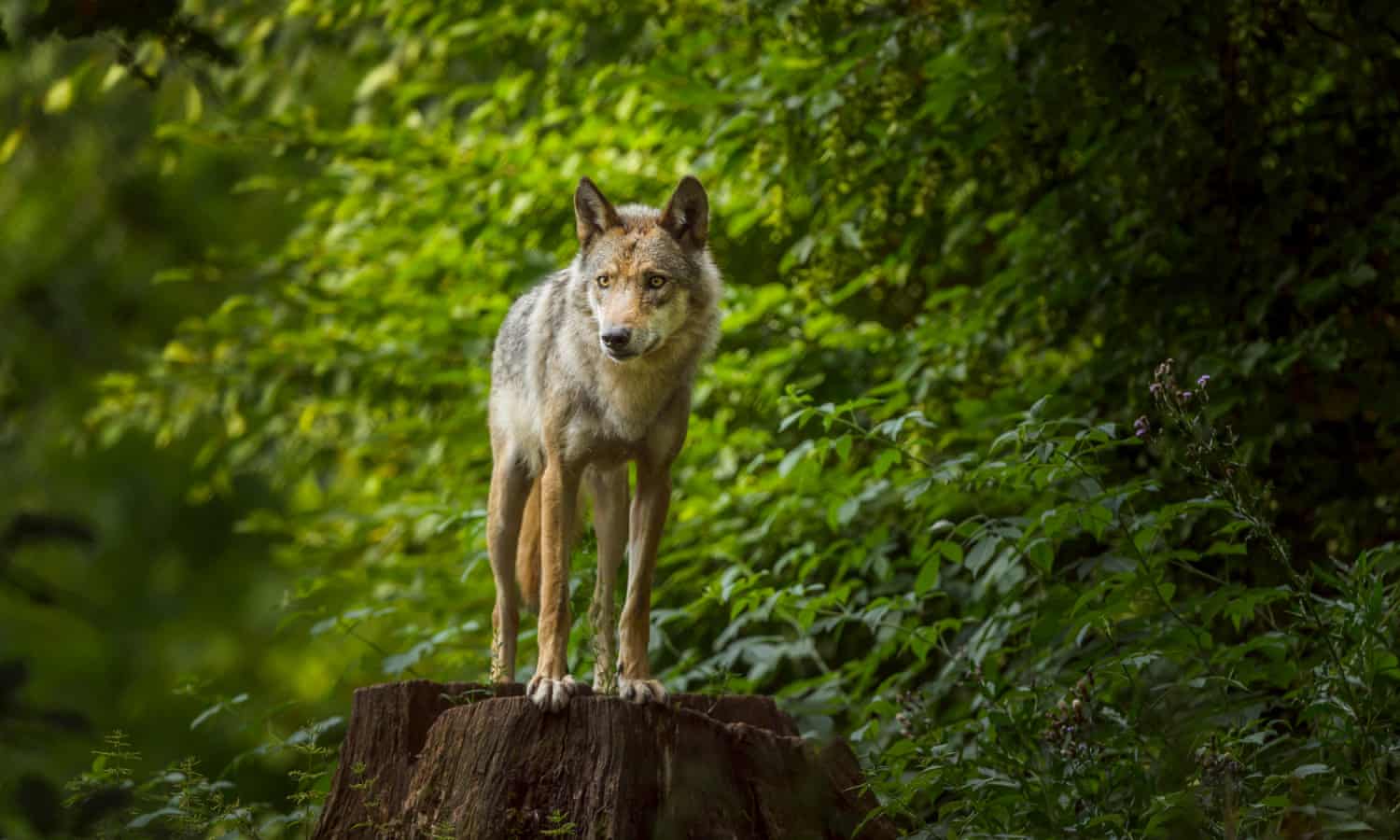A coalition of conservation and animal welfare groups are urging Iceland‘s president to step in and stop any plans the prime minister has to issue a whaling licence to Europe’s last whaler before the Icelandic election at the end of the month.
Earlier this year, the country granted a one-year licence to Hvalur to kill more than 100 fin whales this hunting season, despite hopes the practice may have been stopped after concerns about cruelty led to a temporary suspension in 2023.
Hvalur is run by Kristján Loftsson, who is in his 80s and is the last hunter of fin whales in Europe. The company has now applied for an indefinite whaling licence.

International groups including OceanCare, Whale and Dolphin Conservation, Orca, the Captain Paul Watson Foundation and the Environmental Investigation Agency have written to Halla Tómasdóttir, the president, to express deep concern over the issue. Making a decision on whaling during this transition period would run counter to the spirit of democratic governance, particularly when polling shows the majority of Icelanders are against it, they say.
Tómasdóttir has said previously that the role of the temporary government is primarily to maintain stability until an elected government is in place.
Prime minister and Independence party chair Bjarni Benediktsson announced in an interview two weeks ago that Hvalur’s request would be reviewed by Jón Gunarsson, whom he appointed his special representative at the Ministry for Food, Agriculture and Fisheries.
When asked if a whaling licence will be issued, Benediktsson responded: “If there is time, it can happen.”
Gunarsson, an Independence party MP, was one of the most vocal critics of a temporary whaling ban announced in June 2023 by then minister of fisheries Svandís Svavarsdóttir, of the Left-Green party. Svavarsdóttir suspended whaling after a report concluded that the 2022 hunt did not comply with the country’s animal welfare legislation as the whales took too long – up to two hours – to die. The ban was later ruled unlawful by the parliamentary ombudsman.
Iceland has been governed since 2021 by a coalition of the conservative Independence party, led by Benediktsson, the centre-right Progressive party, and the leftwing Left-Green movement. The coalition was dissolved in early October after policy disagreements.
While the granting of a whale licence is technically an administrative task, the issue is highly contentious.
In their letter to Tómasdóttir, the international groups cited the recent decision by Iceland to abstain from key votes at the International Whaling Commission, which it said was seen by international allies as a signal of a re-evaluation of whaling practices.
“We respectfully urge you to consider the potential impact that a hasty decision may have on Iceland’s environmental legacy and its relationship with the global community” it read. “Deferring the decision on any new whaling licences until a fully mandated government is in place would honour Iceland’s democratic processes and uphold the country’s reputation as a responsible steward of marine ecosystems.”
Fin whales, the second-largest mammal in the world, are listed as vulnerable to extinction on the red list of the International Union for Conservation of Nature. Their numbers have recovered after bans on hunting were introduced in many countries since the 1970s.
In May, Japan announced that fin whaling could resume.
This article by Karen McVeigh was first published by The Guardian on 7 November 2024. Lead Image: A fin whale, the second-largest animal in the world, in the Atlantic Ocean off the Azores. Photograph: By Wildestanimal/Getty Images.
What you can do
Help to save wildlife by donating as little as $1 – It only takes a minute.






Leave a Reply